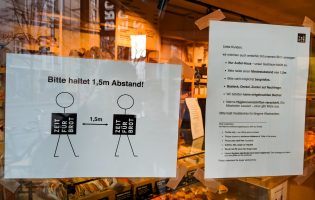
Israel’s West Bank Annexation: The End of the Special German-Israeli Relationship?
Israel’s intended annexation of up to 30 percent of the West Bank is further straining its relationship with Germany, one of its most committed European allies, a key provider of …
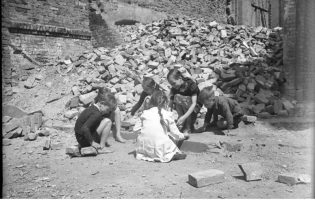
Rubble Girls
Part One of Rubble Child’s World: Stories from Bremen’s Ruins Prelude: The End of the War Experience of a Seven-Year Old Girl I spent my seventh birthday on April 25 …
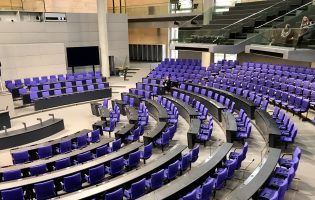
Cleaning Up an Over-engineered Mess? German Electoral System Reform
Germany’s electoral system is back in the news because the governing coalition has been considering making some alterations to address consequences of the last set of changes that went into …

German Millennials, Their Weltanschauung, and the Transatlantic Relationship
Germany’s millennials are a growing force in politics, as the “Fridays for Future” protests demonstrate. Climate activist Carla Reemtsma called the September 2019 demonstrations “the biggest protest, at least since …

Climate Politics under Trump: The United States Climate Alliance
The Paris Agreement is a milestone in the fight against climate change. Contracting parties aim to limit global warming to below 2 degrees—if possible below 1.5 degrees—compared with the pre-industrial …
Recent Authors
AGI provides knowledge, insights, and networks as tools to solve the challenges ahead.
Support Our Work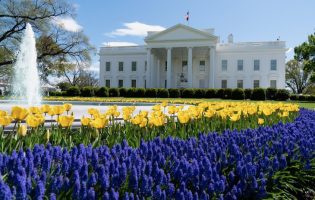
Enduring Partnership
Recommendations to the Next U.S. Administration for the German-American Relationship In this publication, AGI scholars and staff focus on the common interests that can form the basis of renewed transatlantic …

Enduring Partnership
Recommendations to the Next U.S. Administration for the German-American Relationship The United States and Germany have forged a unique partnership in the seventy-five years since the end of World War II, …
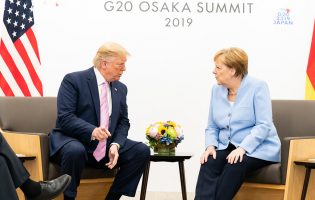
Is Germany Trolling Trump?
On May 29, 2020, Germany unveiled its motto for the country’s upcoming presidency of the Council of the European Union, which will begin on July 1 and last through the …

Countering Racism and Anti-Extremism in Germany
On May 20, just days before the United States became engulfed in another serious crisis over the issue of racism and racial violence, the first meeting of the German federal …
Episode 26: Deep History and Politics in Eastern Germany Today
How does the past shape today’s politics? For states in eastern Germany, memories of life in the German Democratic Republic are not that distant of a past. One example is …




